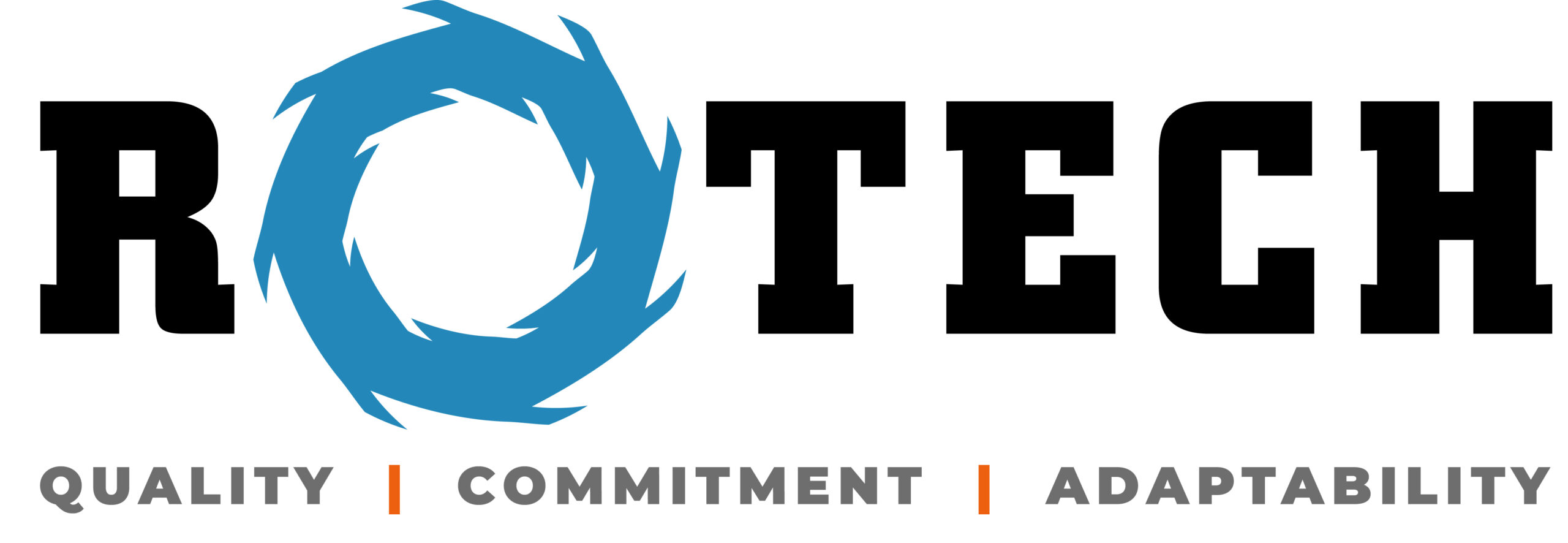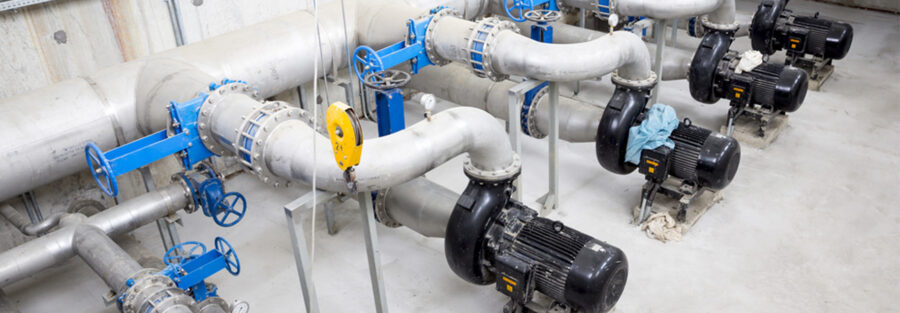Global climate change has led to the scarcity of clean water. It has become inevitable for us to reuse and renew the resources around us. In order to survive, we need to sustain water as it is the most vital resource of our environment. The solution is to treat, filtrate, and reuse the wastewater. Sustaining clean water, maintaining sanitation, and treating wastewater is indeed the need of the hour.
Wastewater is basically used water by commercial, residential, and industrial sectors. It includes materials such as chemicals, food waste, oils, soaps, and other miscellaneous human waste. Residentials generate wastewater from sinks, showers, washing machines, toilets, and more. Industries also generate a substantial amount of wastewater globally. Therefore, to solve this problem imminently, we need more wastewater treatment plants.
Governments have started regulating this crisis and made it mandatory for global industries to manage the used water. In industries like chemical, food processing, manufacturing, pharmaceutical, and several others, wastewater treatment plants hold massive importance. However, wastewater treatment is not limited to industries. It gets interconnected with other uses of water. The water used by homes, industries, and businesses must be treated before it is released back into the environment. Treatment plants reduce pollutants in wastewater to a level nature can handle. Wastewater also includes rainwater. Although, some people assume that the rain that runs down the street during a storm is clean. Harmful and impure substances that wash off roads and rooftops can harm our rivers, lakes, and oceans.
Vital Reasons for Wastewater Treatment
- Clean water and sanitation are essential for both our health and the environment. Wastewater treatment is an important priority. It lets you preserve the most precious resource on Earth.
- Wastewater treatment plants play a vital role in places like industries because a large volume of water discharges every day. It helps reduce the overall operation costs significantly.
- Clean water is critical to plants and animals that live in water. It conserves the natural habitat of aquatic animals and becomes a lifeline for other animals and birds.
- Clean water ensures recreation, quality of life, and good health for us humans. Wastewater treatment removes harmful bacteria to make water safe.
- Wastewater treatment/management removes harmful pollutants such as chlorine compounds, bacteria, viruses, and contaminations in drinking water, like mercury, lead, and arsenic.
If we do not treat wastewater properly, it can negatively impact human health and the environment. Wastewater treatment aims to remove as many suspended solids as possible before the remaining water, called effluent, gets discharged back into nature. As solid material decays, it uses up oxygen needed by plants and animals.
Importance of Pumping in Wastewater Treatment/Management
Wastewater treatment works effectively when the pumping system is efficient. It involves three treatment processes – primary, secondary, and tertiary. The kind of treatment method utilized affects the quality of the treated water. It depends on the amount of wastewater, the contaminants, the required purity level, and other considerations. Different sectors use different types of treatment methods. Primary treatment removes about 60 percent of suspended solids from wastewater. This treatment also involves aerating the wastewater to put oxygen back in. Secondary treatment removes more than 90 percent of suspended solids.
The fact is that they all rely on wastewater pumps for the procedure. Pumps are a crucial component of any facility used to treat water. They assist in gathering wastewater from various plant locations and transferring it to the treatment facility. Pumps then help move the treated water to where it is needed or to a storage tank after the water has been cleansed.
Types of Wastewater Treatment Pumps from Rotech
SPU/SXU Series High Head Pumps
SPU/SXU series pumps are self-priming pumps with multiple vanes opened impellers designed for economical & trouble-free operation in solid handling sewage & slurries.
SPT/SXT Series High Flow Low Head Solid Handling Pumps
These are a revolutionary range of Self-Priming Centrifugal Trash Pumps. Ergonomically designed and aesthetically perfect, these pumps are economical & offer trouble-free operation in handling solids-laden liquids and slurries.
1600 Series Semi Open Impeller Close Coupled Pumps
Rotech Series 1600 Close-Coupled horizontal end suction pumps are coupled with NEMA standard C-face electric motors. These pumps are supplied with a semi-open impeller and have the capability to handle slurry as well as soft solids. The pump provides High quality-non clogging performance.
SCP/ SFP Series Self Priming Pumps
SCP/SFP series self-priming pumps are designed with semi open impellers, supplied for solid handling application in water and wastewater industries.
The pumps are available in 1.5”, 2”and 3” NPT threaded connections.
1296, 1296LF & 1196 Series Semi Open impeller Ansi Process Pumps
Rotech 1296, 1296LF & 1196 Series ANSI process pumps are designed with semi open impeller supplied to pump suspended soft solids in water and water industries. Rotech has supplied pumps to various OEMs with these pump series.
1796CC and 1796 ANSI Self priming Pumps
Rotech 1796CC and 1796 ANSI Self priming Pumps ANSI process pumps are designed with semi open impeller supplied to pump suspended soft solids in water and water industries. Rotech has supplied pumps to various OEMs with these pump series.
Rotech Pumps are actively involved in wastewater management and treatment. Our inventory has all the means necessary for efficient wastewater treatment. Rotech Pumps & Systems is a manufacturer & Supplier of various types of self-priming pumps, ANSI process pumps, mechanical seals, and valves. Rotech strives to provide the best quality products, at competitive prices with a minimum lead time.




